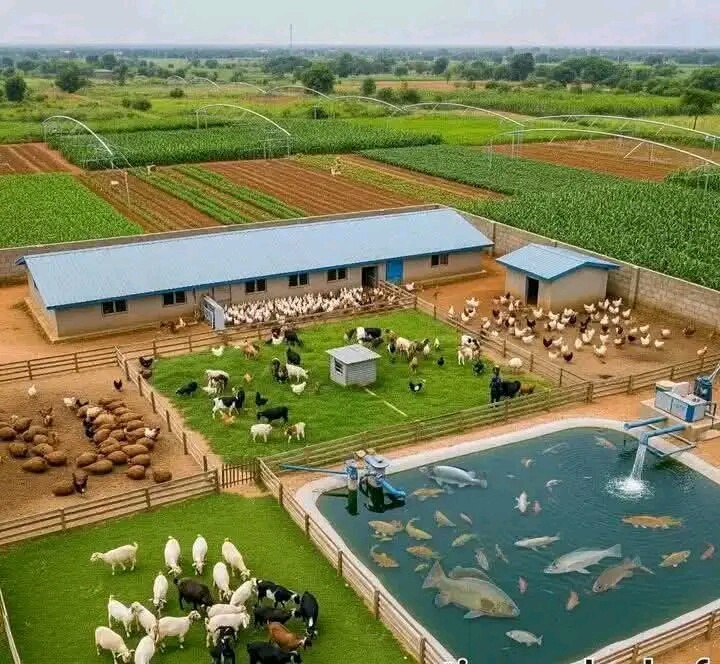Future of agriculture in Benin: educate or undertake?
An opinion contribution by Sylvain Ifêdé Djagbo, economist and director of Job Booster Benin
Suppose Benin chooses between building 200 agricultural lycées to train agronomists, or 77 agricultural zones - one per municipality - to boost sustainable employment and economic growth. Which option better suits our country's current stage of development?
This choice is not a simple contradiction, but a strategic and political decision with different priorities. Both are valuable, but they respond to different needs within agricultural development. Here, I explain why municipal agricultural zones (ZAC) should be preferred at this time.
Direct impact on production and food security
The establishment of ZACs revolves around the provision of cultivated, secured agricultural land. It gives young farmers and farming enthusiasts in particular access to fertile land, irrigation, farm roads and technical guidance. This approach quickly increases production of food crops and cash crops, contributing to food security as well as income improvement.
- Local initiative and ownership: ZACs fit within the policy of local development and decentralisation. Municipalities play an active role in the design and promotion of agriculture in their region. In doing so, they can respond to local needs and cooperate with local players.
- Solution to the land problem: Access to agricultural land is often a major obstacle in Benin, especially for young people and women. By making plots of land available and legally secure, ZACs provide a concrete solution to this.
- Use of underutilised potential: ZACs make it possible to activate fertile but hitherto unused land - as, for example, in the Ouémé Valley, where much potential remains untapped due to lack of organisation or infrastructure.
- Incentive for entrepreneurship: The zones are aimed at encouraging a more entrepreneurial form of agriculture, with larger farm units more closely linked to the market.
- Quick solutions to existing bottlenecks: ZACs provide direct assistance to farmers for urgent problems such as access to water, inputs and markets.
The role and limitations of agricultural lcea
Agricultural lycées are essential for the long term: they train young people to become professionals and entrepreneurs in agriculture. Yet there are a number of reasons why they are less likely to be effective than ZACs:
- Long training period: The results of training take years to materialise, both in production and economic impact.
- Mismatch with labour market: The connection between the curriculum and the actual demand on the labour market is not always obvious. That is why the Benin government is currently working on reforming vocational education.
- High investment costs: Building and equipping modern lyceums requires hefty financial resources.
- Limited absorbency: The economy should also be able to offer graduates employment or entrepreneurial space.
Conclusion
Agriculture is vital to Benin's economy. The sector accounts for almost 28.5% of GDP and employs a large proportion of the population. It is therefore crucial that the country chooses strategies that generate maximum economic and social impact.
Agricultural liaisons are important for the future and professionalisation of the sector. But municipal agricultural zones offer a faster, direct approach that leads to production, security around land tenure and improvement of farmers' living conditions. They build on existing potential and encourage bottom-up development.
It is likely that Benin's agricultural policy will try to balance these two approaches: on the one hand, the ambition to have 30 agricultural liaisons operational by 2025; on the other, investing in ZACs for direct, visible impact in the field.


